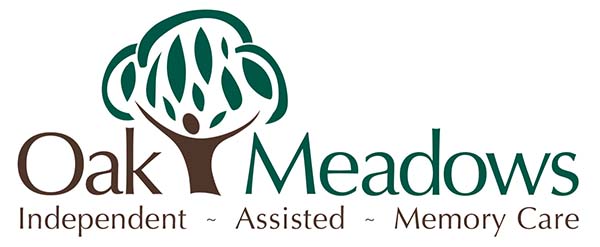10 Things to Locate BEFORE Your Parent Has a Health Crisis 7-19-17
Knowing where information is kept can be vital in an emergency
As long as aging parents are handling their own finances and managing day-to-day living at home, adult children don’t think much about needing to know the location of their parents’ important documents. However, a parent’s unexpected health event could precipitate an immediate need to get your hands on key information and secure valuables.
Following her fall and emergency surgery, my mother insisted I go to her house and retrieve her jewelry and documents. Thankfully, she was coherent enough to provide directions. But that isn’t always the case when a parent is hospitalized. That’s why now, before something happens, is a good time to talk to aging parents about what you may need to get someday.
What You Need to Find
Initially, it may feel like an invasion of their privacy. But, as I explain in my book, When Your Aging Parent Needs Care, ask for locations of the following:
1. Medical records – When a health incident occurs, doctors will ask about existing conditions, previous surgeries and current medications. A spouse (if your parent has one) probably knows these answers, but it’s good for someone else to have the information in case both parents are ill or injured.
2. Health insurance and life insurance information – Find out where your parents keep health insurance information, including any supplemental policies, and locate their cards. Also, look for life insurance policies and make sure the premiums are up-to-date.
3. Advance directives – Your parent may have a living will, DNR (Do Not Resuscitate) order, or health care power of attorney (POA), which is different from a general power of attorney. During the last years of my mother’s life, frequent health crises prompted me to keep her healthcare POA and DNR in my car.
4. Banking information – If a parent is suddenly incapacitated, bills still need to be paid. Learn where your parents bank, and get their account numbers, online access codes, debit card PINs. Also, find out how their bills are paid (checks, auto-draft, paid online). Ask your parents to consider having your name, or a sibling’s, placed on their bank accounts so someone else has the ability to make payments and manage the accounts.
5. Investment information – Following my mother-in-law’s health crisis and death, we spent days digging through mountains of papers at her home, searching for a name and phone number for her financial adviser. Eventually, we discovered he’d left the company. It’s important to know not only the location of parents’ investments, the name of the adviser and contact information, but also to be aware of fees, required distributions and withdrawal penalties.
6. Deeds and titles – You may think the deeds and titles to your parents’ property are in that old wooden cigar box on the top shelf of your dad’s closet. But what if they aren’t? Take the time to find out the location of deeds to houses and land and titles to cars and recreational vehicles. A health crisis may precipitate a sudden move to a care facility and the need to liquidate assets.
7. Safe deposit box – While not everyone uses safe deposit boxes, your parents may have one. Learn where, locate their keys, and ask about the procedure for accessing the box. A parent may have to place your name on file in order for you to gain access. Check with the bank.
8. Hidden valuables – While most people don’t keep money in the mattress anymore, some still pick bizarre places to stash cash and jewelry. I’ve heard these examples from people I’ve interviewed: A woman taped cash to the back of her vanity mirror and hid her diamonds in the sugar tin. A man buried over $60,000 in his backyard in coffee cans. Thankfully, his wife saw him. After his death, his grandchildren enjoyed a treasure hunt with metal detectors, but the scenario could have been very different if knowledge of his secret stash died with him and the property had been sold. If your parents don’t want to divulge the location of their valuables, ask them to make a list and keep it with their wills.
9. Wills, birth certificates, marriage licenses – Ask your parents about their wills and where they’re located. If they don’t have them, or haven’t updated them in years, initiate a consultation with their attorney and offer to take them, to make sure they go. Discussing wills may seem morbid while parents are healthy, but dying intestate (without a will) lengthens the probate process and may spark family squabbles. Also, locate birth certificates, marriage licenses and veterans information.
10. End-of-life decisions – Death is a subject few want to discuss, but you may be surprised to discover your parents have already made plans. My father’s medical crisis resulted in a terminal cancer diagnosis. A few weeks later, he arranged for and “bought” his funeral. It’s a hard conversation, but ask your parents about their end-of-life preferences.
Approaching Tough Topics
Often, parents are hesitant to discuss personal matters. Pride, stubbornness, suspicion and fear mingle to produce defensiveness and resistance.
Try using someone else’s situation as a springboard for discussion. If a friend’s parent had a health crisis and the friend struggled to handle it because of lack of information, mention this to your parents. Once the subject is broached indirectly, your parents may be more forthcoming with information than you expected, making your job easier when a health crisis arises.

